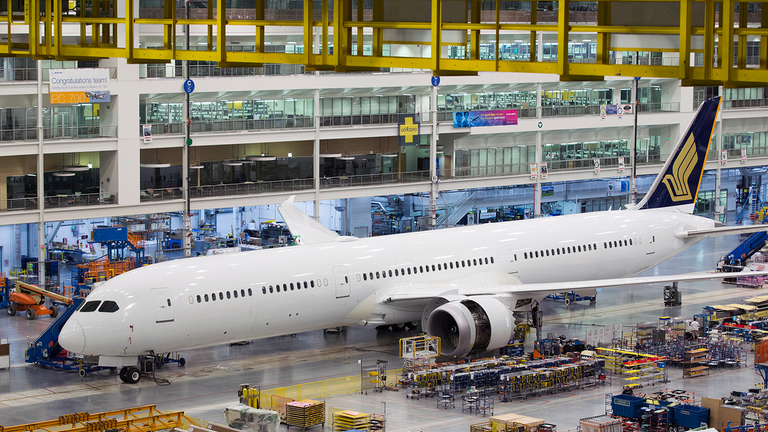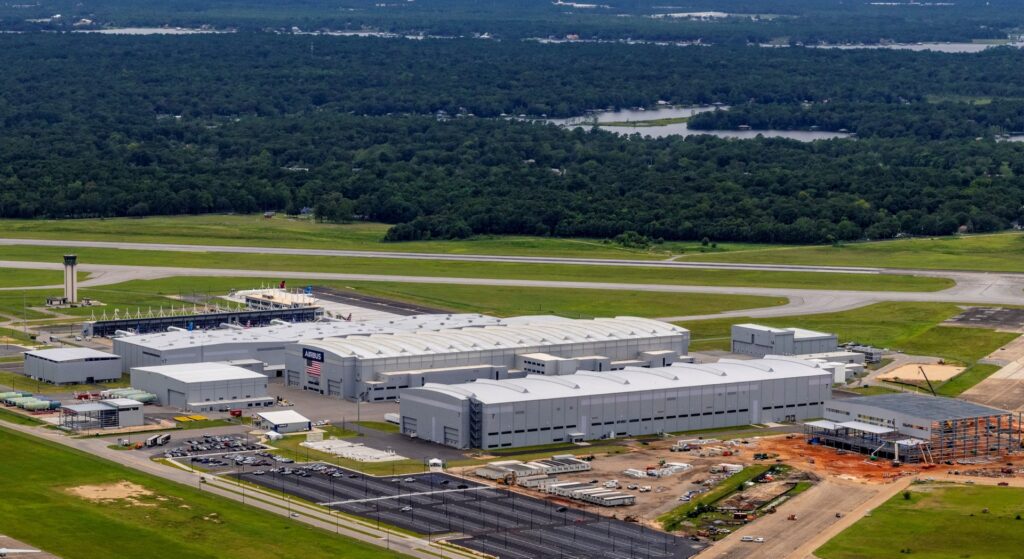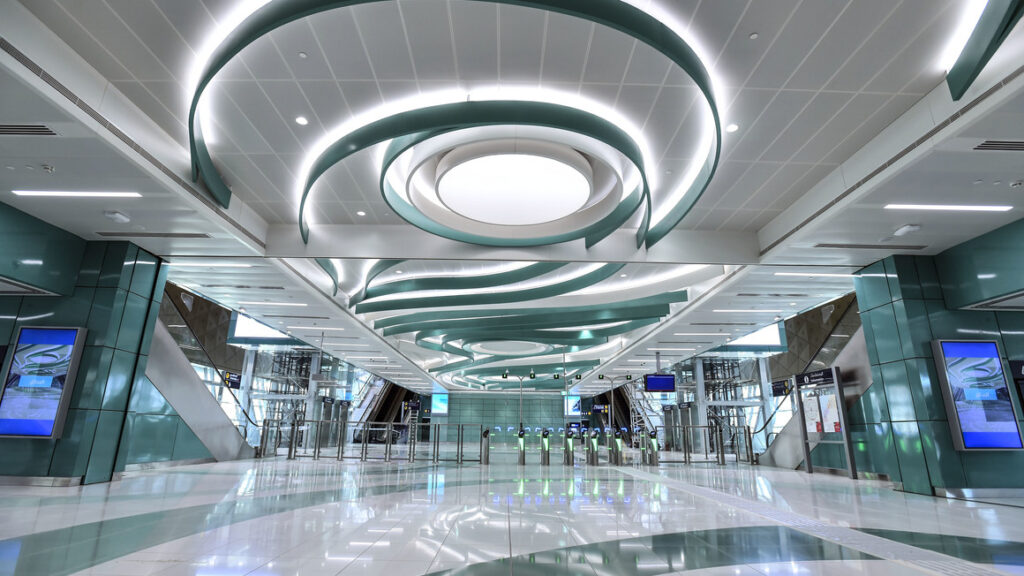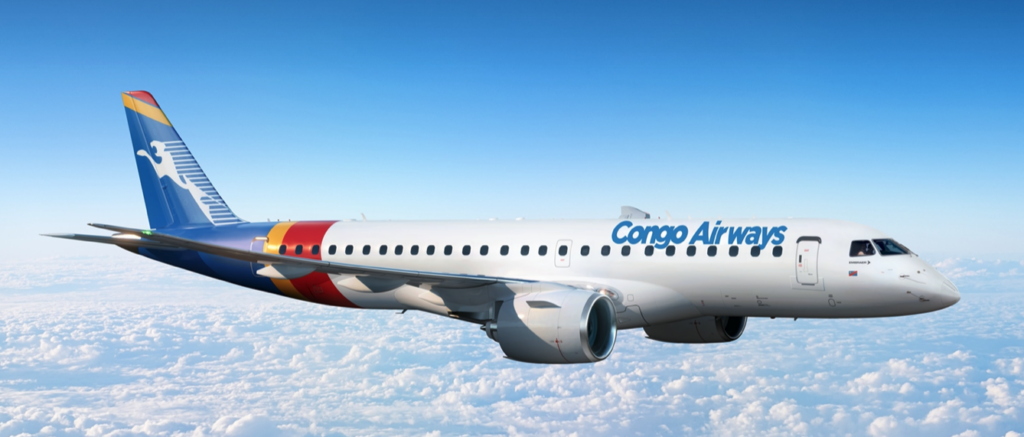Boeing to Consolidate 787 Production in South Carolina in 2021
- Single site to improve operational efficiency as company adapts to market downturn and positions for recovery and long-term growth - 787 production to continue in Everett, Wash. until program begins building at the previously…




